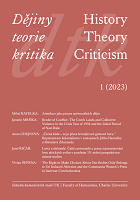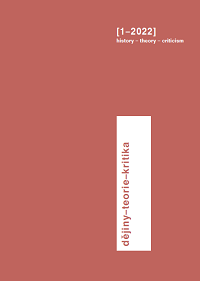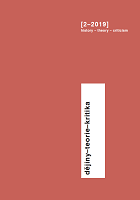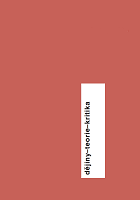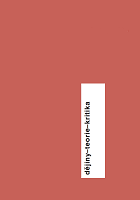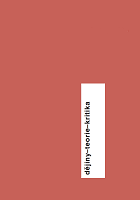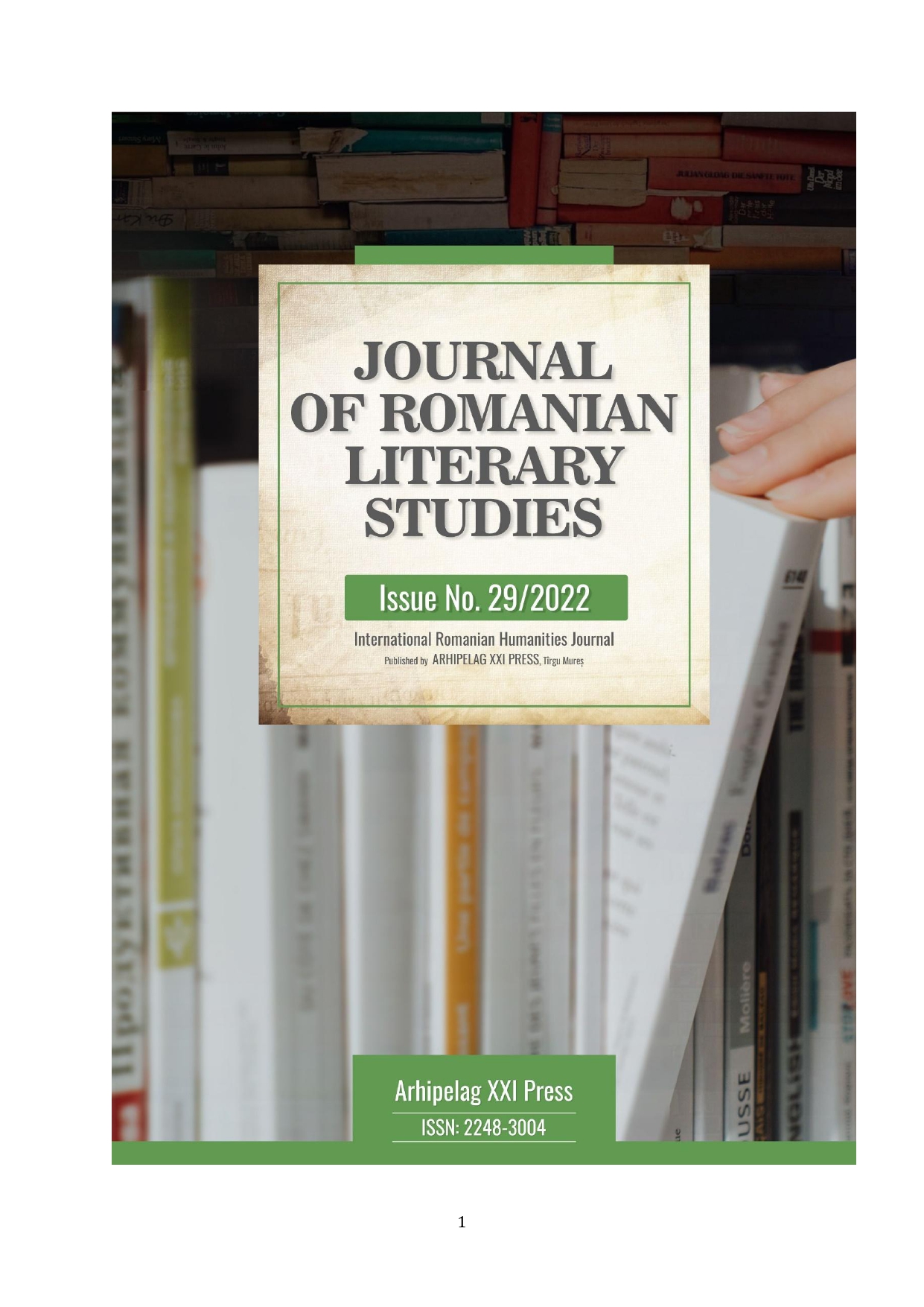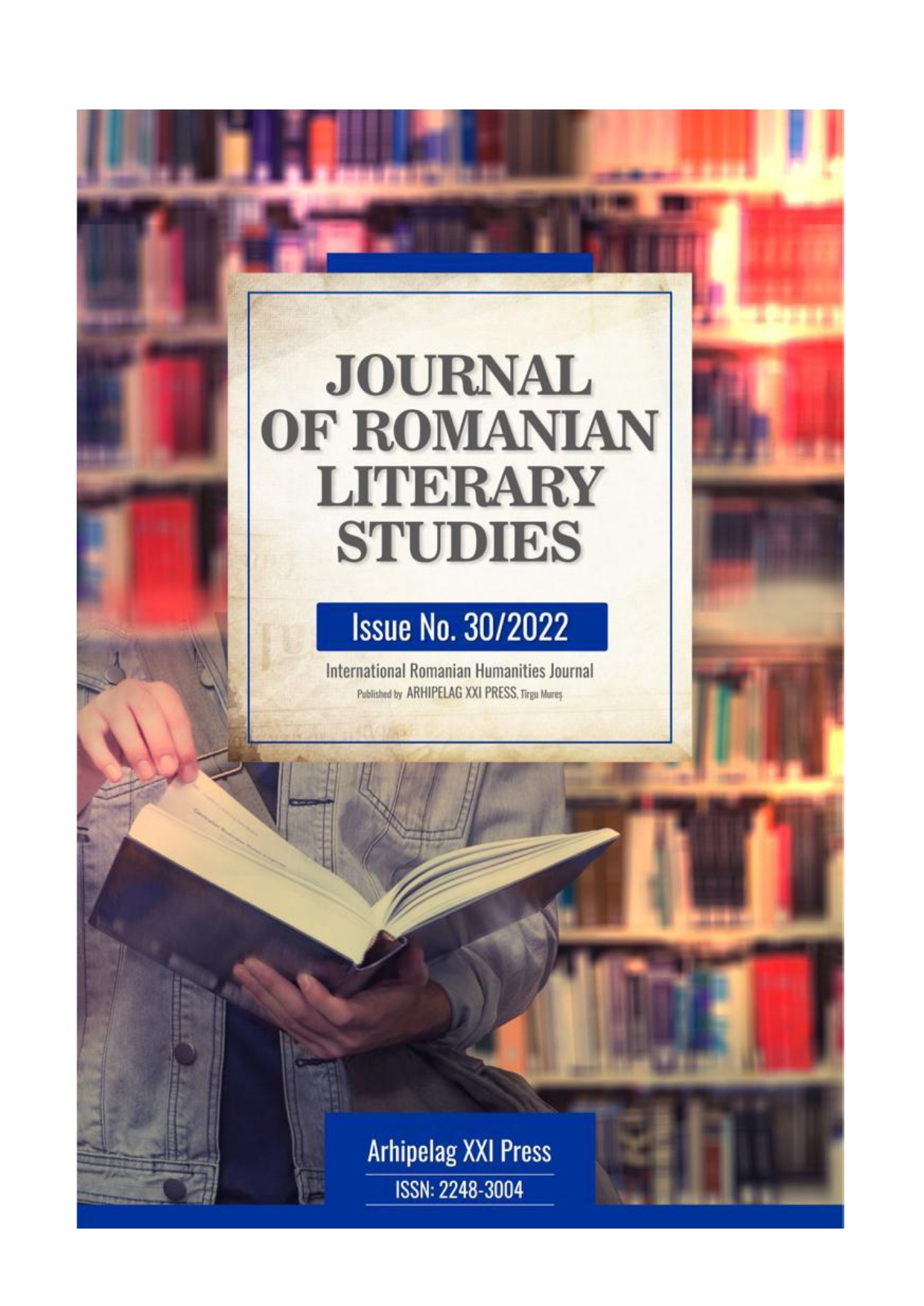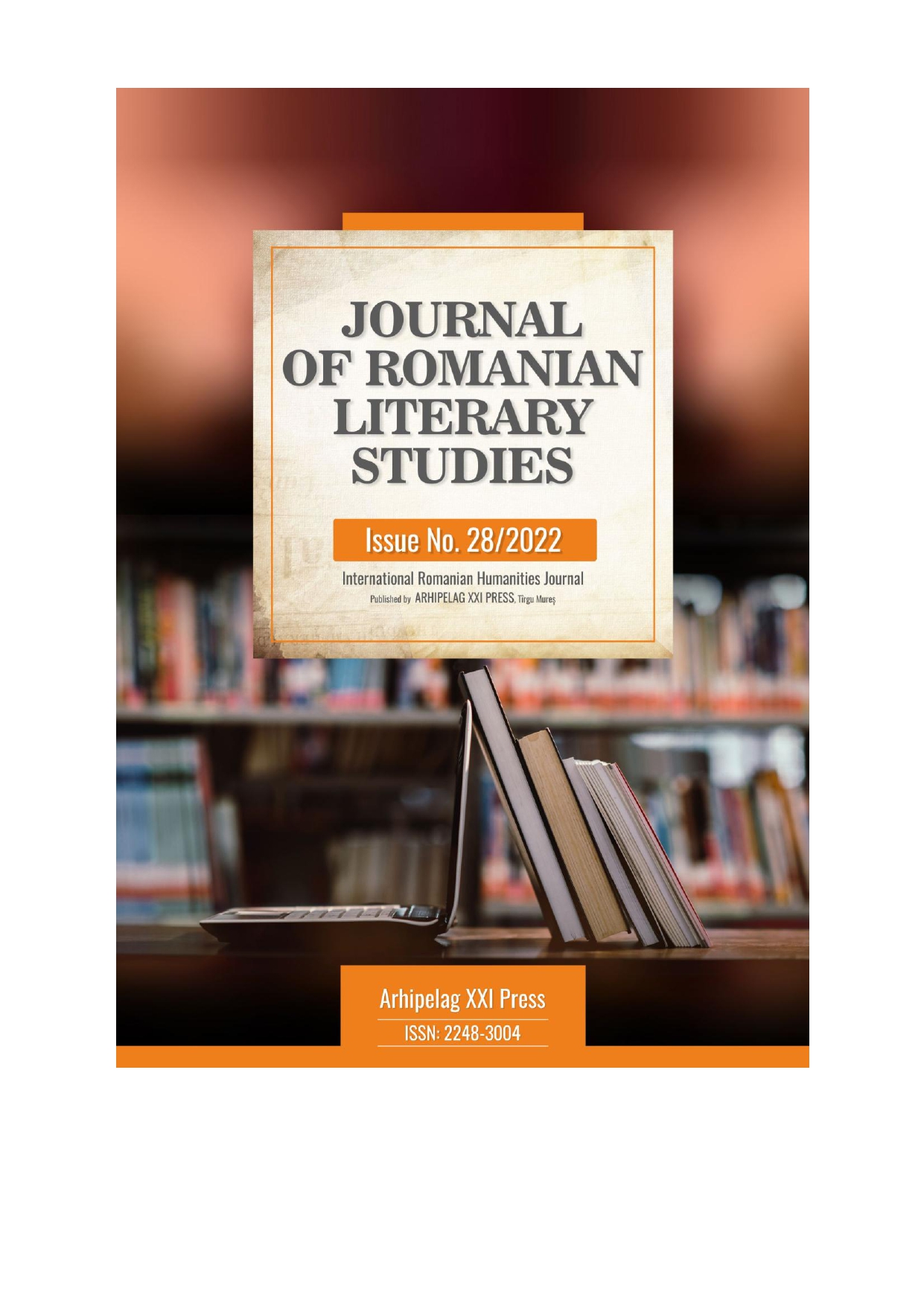
GLEMBAY'S UNSETTLING DESTINY
Krleža is a Croatian dramatist, novelist, short story writer, essayist, and poet. He has been chiefly concerned with the downfall of the Austro-Hungarian empire in his writings. A master stylist, Krleža has been compared with the great writers of Western Europe: Proust and Joyce. The volume of Krleža's writings is vast and impressive. He has written more than fifty volumes of prose and poetry, and among his plays, the best known are The Glembays, In Agony, and Leda, all published in 1929.
More...
